We are grateful, of course, for whenever our elected officials – including our iwi (Māori peoples’) authorities – act to protect what we value and to create environmental, social, cultural and economic wealth.
However, regardless of this or that isolated bureaucratic-level action, the better quality question is what are the net environmental, social, cultural and economic benefits/ risks of all accumulated action over the medium to long-term accruing back to We, The People? Are those the kind of net benefits we need (or on the flip-side, are those net risks acceptable)?
The answer will depend on what’s currently happening in our communities, our country, our world.
In an “all things being equal” Age for example where our environment is healthy and the economy is ‘relatively’ stable (setting aside the inherent instability of neo liberal capitalistic economics for a moment!), we have the luxury of time where a predominant focus on economic industrial ‘development’ (that continues to commodify natural resources and externalize the costs of production onto our environment and society) might continue to be tolerated (sadly).
But our communities and our entire nation are now facing severe climate crisis threats, including to ourwater security. We are in an existential 6th mass extinction Anthropocene Age which is demonstrably unstable and highly uncertain. We need to shift the balance of governance (including iwi authority) imperatives: we need to prioritize creating community resilience, including:
- Complete climate crisis audits of all communities,
- Design effective risk mitigation/ adaption plans, and opportunity response plans, identified from those audits,
- Take a ‘whole of society’ approach to collaboratively and urgently activating those plans.
Local community campaigners and tangata whenua fought staunchly in a voluntary unfunded capacity to defend te mana o te wai (the mauri, health and integrity of water) and the human right to water for everyone’s benefit. Apparently, our society is OK that those with the least (and who are hurt the most by political decisions to violate their human rights) are using what precious little they have to fight the ‘good fight’. Therefore, I grieve for the fact that, despite such dedicated flaxroots efforts, our iwi authority (who, in trust on our behalf, manages significant assets belonging to We, The People) remained ‘neutral’ and declined to visibly and actively support us.
But understand: there is in truth no ‘neutral’. Neutrality (so-called) means you’re not actively seeking change. On the contrary, you’re siding with the status quo – in this case the industrial horticultural extraction of water from our aquifer for private corporate profit (which is why, incidentally, I mourn whānau who don’t vote under a corrupt government, because their non-voting helps maintain that same government in power).
Therefore, people (whether benefactors of their affiliated iwi authorities, or constituencies of elected officials generally) should be very disturbed at that critical organizational failure. Consider also that this may be symptomatic of a deeper systemic imbalance of economic, social, environmental and cultural values. Only by addressing that root dysfunction will civil society make the urgent progress we need at this critical juncture.
People everywhere have every right to mobilize and seek accountability for such impotency and inaction, and I strenuously encourage citizens to do so. Stand up, and make your voice heard.
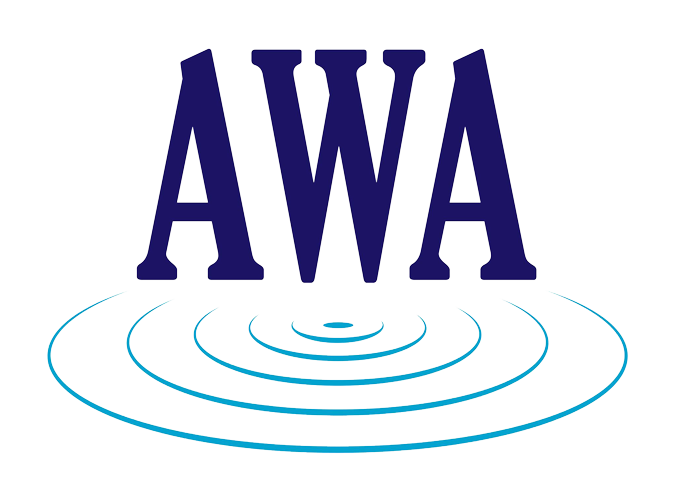
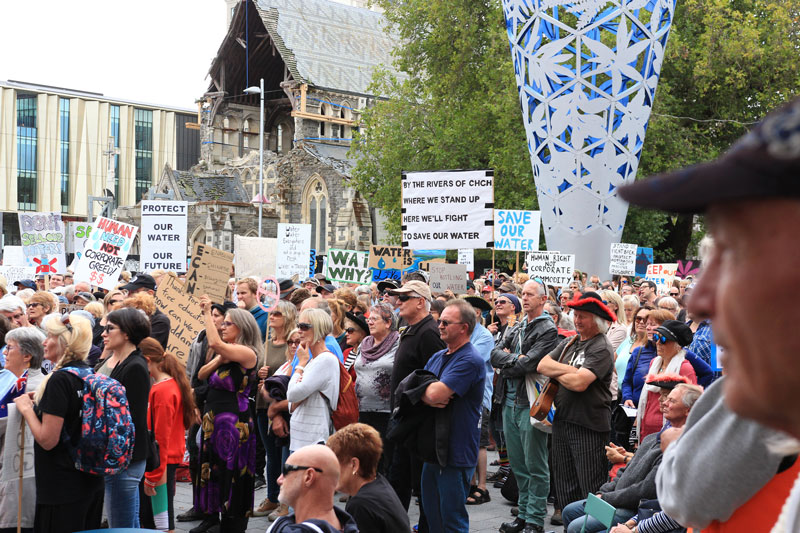
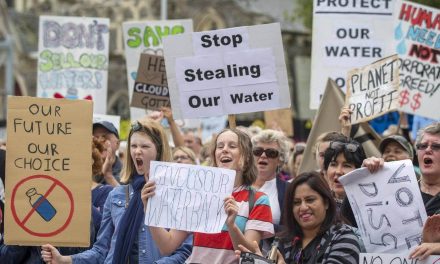
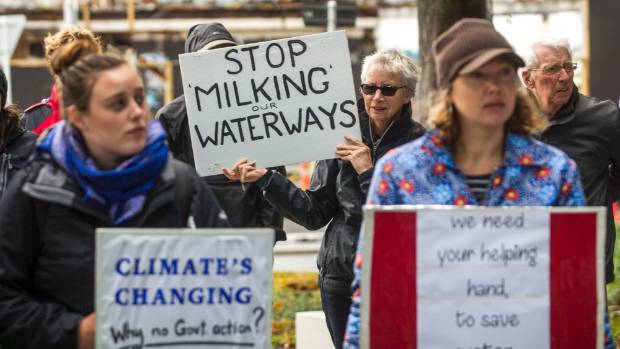
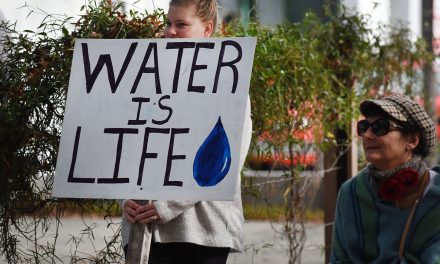
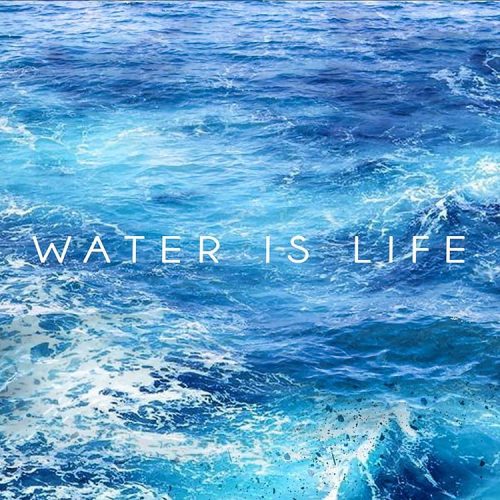

Tena Koe Catherine,
Ko Hikurangi te Maunga
Ko Waiapu te Awa
Ko Hinemaurea te marae
Ko Horouta te Waka
Ko Ngati Porou te Iwi
Ko Tumaurirere toku tipuna ki Horouta
Ko Jason Maurirere taku Ingoa
I see it, I hear it, but no one speaks it.
I have spent the last 3 – 6 months looking and trying to find any Roopu/Hapu standing up against this commercialization of the whenua and the Taonga within. Air/Water/Land/Sea…..Nothing
Many Roopu/Hapu seem to have forgotten their obligation of Kaitiakitanga, under Te Tiriti O Waitangi and the accordance to the Acts and how it has to be the most significant priority over any commercial interest.
It seems not though, and the effect of not maintaining Ko te Wairua to Whenua ke te Awa, is prevalent in the sale of our water to International Interest.
This precious commodity which is worth more then Oil and Gold, is Sold in the back offices and then given and taken as if it is worthless.
Incorporated Iwi binding to the Act’s seems to only give them the ability to look at economic benefit of our Whenua & Taonga, which has become a commodity to sell to the highest bidder.
Those that should be at the front-lines of these environmental/commercial/legislative issues should at the least be Maori.
But where are they? Its gone quiet and that is a concern.
Has the 300 Year battle of ownership and partnership taken its toll?
Maybe a breather after the 130 Year Land Claims and Settlements?.
There are still many that will stand and join with a movement like AWA, getting to those individuals or small groups has become a strenuous process.
I have only recently stumbled upon this movement myself, so the Social Media exposure maybe limited on particular Media Platforms.
Spreading this movement through the media to a much more broader market attention and giving awareness would gain AWA a better public voice.
A better Development/Plan/Strategy and Implementation through the platform could be a good place to start. Particularly in targeting the Maori populous. Maybe, one of the key reasons numbers are no attending to stand up for these significant issues, is the real lack of awareness.
As for me, I was looking and still without being targeted just stumbled upon the movement.
Once the public has been made fully aware this would definitely give the momentum for a quicker response of those in Authority on either side.
With the possibility of speeding up the current and future Due Processes.
Mauri Ora..
Tēnā koe Jason, AWA appreciates any and all efforts to raise awareness, particularly among our iwi authorities, hapū and whānau. We’re also keen to work with and support other movements who share our values and aims (e.g. Extinction Rebellion Aotearoa https://www.facebook.com/groups/1719740674797399/permalink/1722089001229233/ seems set to cause some much needed disruption). As the UN reported last month (https://www.unenvironment.org/news-and-stories/press-release/dramatic-growth-laws-protect-environment-widespread-failure-enforce-finds-report), the failure of governments and their laws to protect our environment is systemic throughout the world. It will take an unprecedented force of coordinated global citizen-based revolutionary action to turn that around. With a fighting spirit running through our veins, standing for what we believe in should come naturally to tangata whenua. However, colonization (including corporate colonization) has us, and most of the population, in a stupor from which the heart and mind must first overcome (I still battle with that daily myself). And according to experts, we only have anywhere between 18 months and 12 years to act, or humanity’s extinction fate will be sealed. Happy for any help you can offer as we make our last stand. Ngā mihi, Catherine